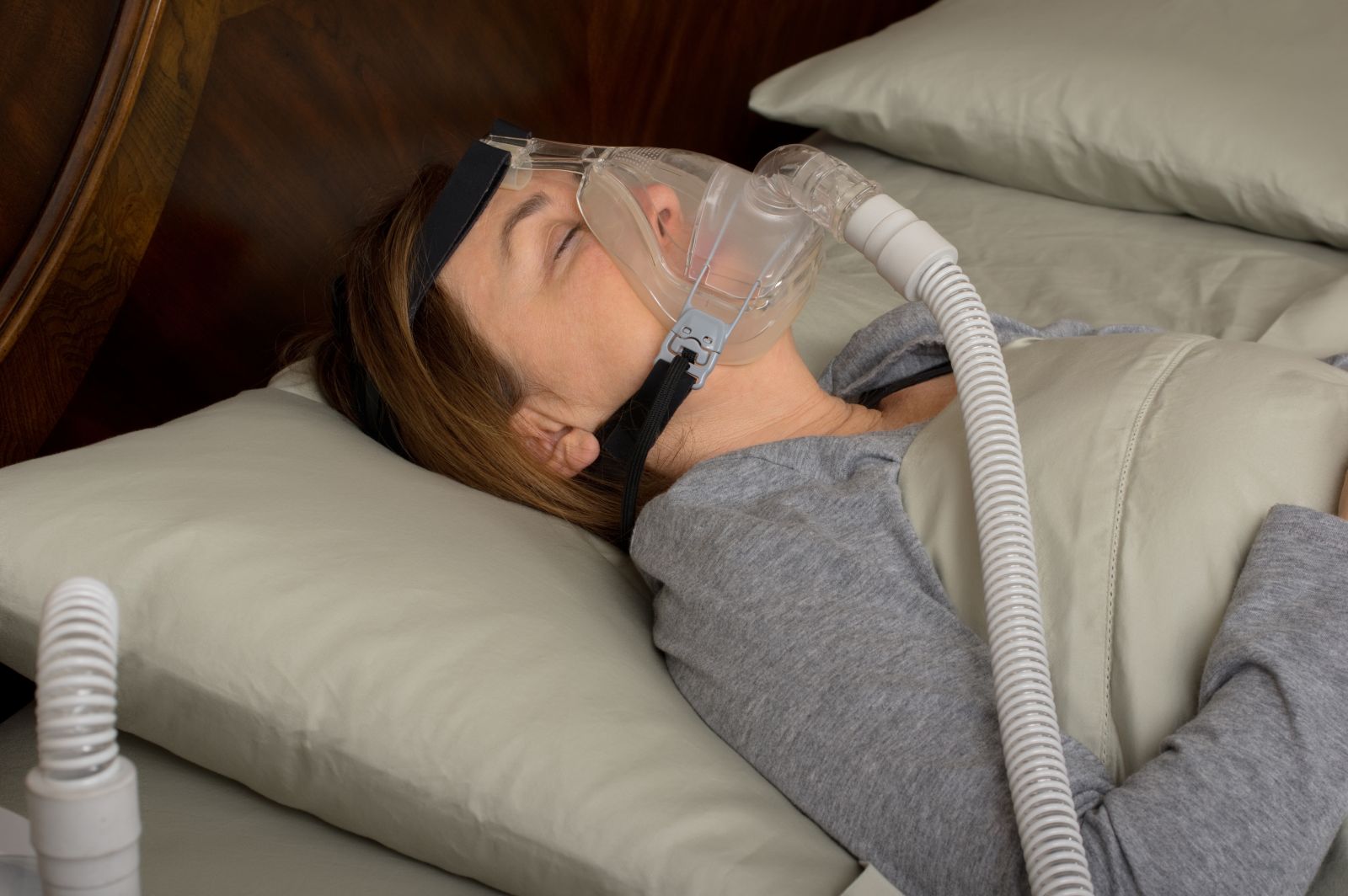PHONE US: (778) 484 1484

What is sleep apnea?
March 15, 2017
Getting a full night’s sleep can make all the difference in our day-to-day lives. Trying to focus at work or school is almost impossible when you’re tired, so ensuring you're getting enough quality sleep is important to your success, not to mention your overall health.
There are many things that can contribute to a lack of sleep, but they can all result in serious health consequences, so it’s not something to take lightly.

What is sleep apnea?
Sleep apnea is a condition where you hold your breath for extended periods of time while sleeping. There are two main types: obstructive and central sleep apnea. It a serious sleep disorder that can affect anyone at any age, and can result in high blood pressure, stroke, heart failure, diabetes, depression, and headaches.
Obstructive sleep apnea
Obstructive sleep apnea (OSA) is the more common form of sleep apnea that occurs when the soft tissues of your throat relax, allowing the tongue and fatty tissues of the throat to fall back into the airways, impeding normal breathing.
As the air is blocked and blood flow to the brain slows it will send a signal to the body, which will result in a sudden gasping, choking, or snoring sound as the person fights to get air past to obstruction. The process will then repeat itself up to hundreds of times in a night. Needless to say, this results in a restless sleep and will lead to a variety of health consequences.
Central sleep apnea
Central sleep apnea (CSA) is a result of an instability in the respiratory control center, and not of a physical blockage. Much less common, it is a result of the brain failing to signal the muscles to breath.
This condition will cause a shortness of breath, leading you to wake up or experience irregular breathing during sleep. Although it may seem less severe, the long term symptoms and health risks remain the same.
Treatments
The first option of treatment is a lifestyle change. Losing weight, avoiding alcohol, and eliminating certain medications are often the first steps of treatment. Even a change in sleep position can help in milder cases of sleep apnea.
In more severe cases, a continuous positive airway pressure machine (CPAP) may be used to regulate airway pressure throughout the night. The air is delivered through a nose or mouth piece that is connected to a machine. In many cases it provides great relief, but for others it is very uncomfortable

For those that struggle with the use of a CPAP machine, there is another option. Dental devices can be used to hold your tongue and jaw forward to keep them from relaxing and blocking the airway.
Dr. Mark Provencher is both highly trained and experienced in sleep apnea, and can help you find the right solution for you.
Preventing Dental Emergencies: What You Need to KnowJune 24, 2025
Dental emergencies can be painful, stressful, and often happen when you least expect them. &nbs...
Read MoreInvisalign vs. Traditional Braces: Which is Right for You?June 12, 2025
When it comes to achieving a straighter smile, modern orthodontic treatment offers more options than...
Read MoreA Day in the Life of a Dental Hygienist: The Unsung Heroes of Oral HealthJanuary 13, 2025
When you think of dental care, images of dentists wielding drills and bright lights might come to mind. Howev...
Read More